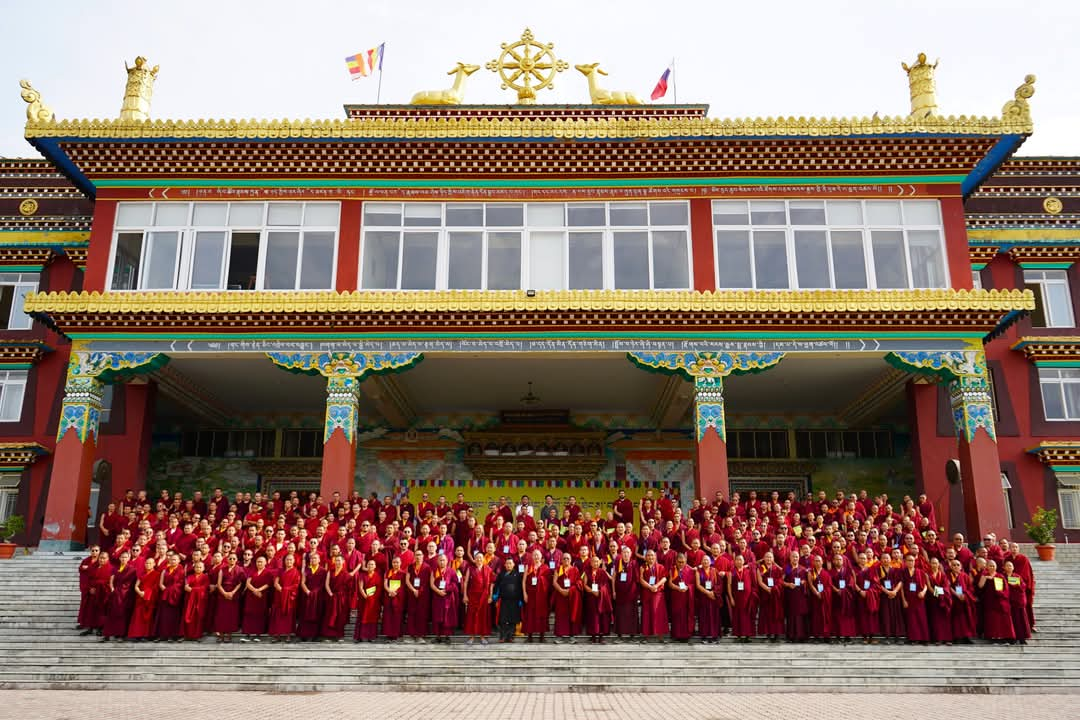Bridging Beliefs: Dzongsar Shedra Hosts Groundbreaking Interfaith Dialogue in 8th Annual Debate

In a vibrant celebration of Tibetan Buddhist scholarship, the Department of Religion and Culture from the Central Tibetan Administration hosted the 8th Non-sectarian Debate, bringing together intellectual minds at the historic Dzongsar Shedra. Collaborating with Dzongsar Institute, the event delved deep into the profound philosophical text Abhidharmakośa, a cornerstone of the Abhidharma tradition.
From May 4th to 7th, 2025, scholars and practitioners engaged in four days of rigorous intellectual discourse, exploring the intricate nuances of Buddhist metaphysics and philosophical analysis. The debate provided a unique platform for participants to exchange insights, challenge interpretations, and deepen their understanding of this seminal work.
By fostering an environment of open dialogue and mutual respect, the event not only preserved traditional Buddhist learning but also demonstrated the dynamic and inclusive nature of Tibetan philosophical discourse. The non-sectarian approach ensured that diverse perspectives were welcomed and examined with scholarly rigor and compassion.
